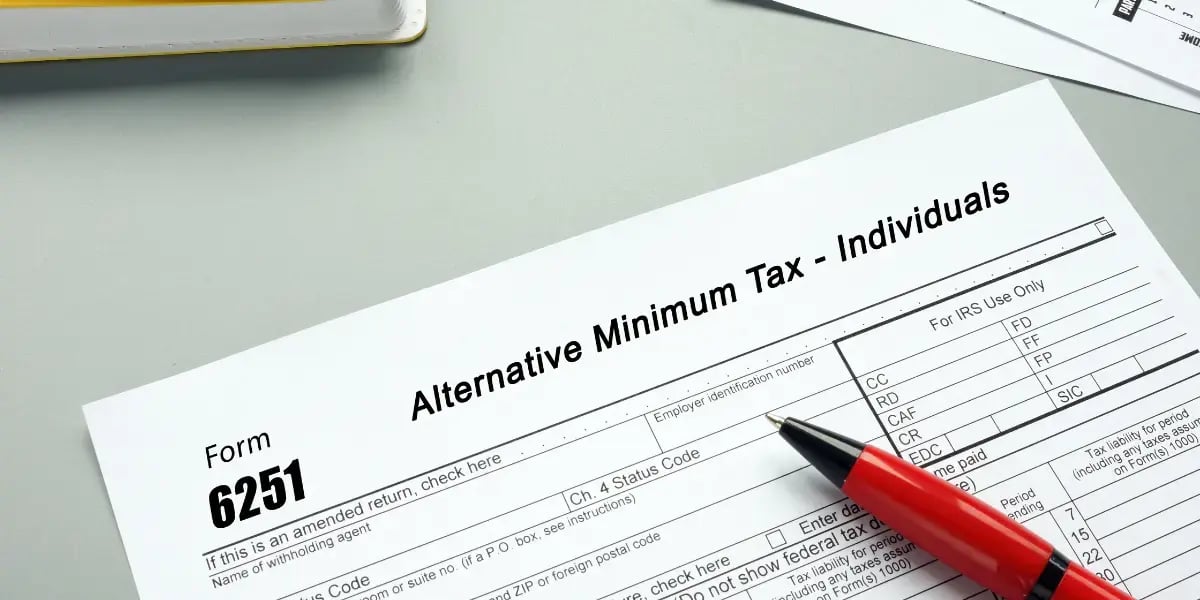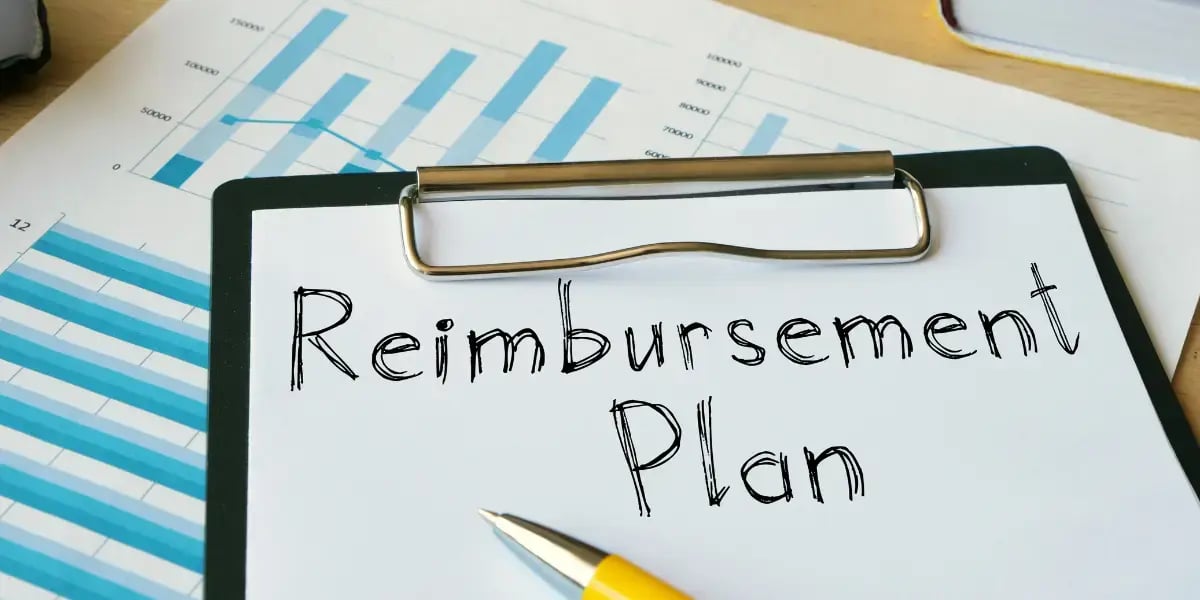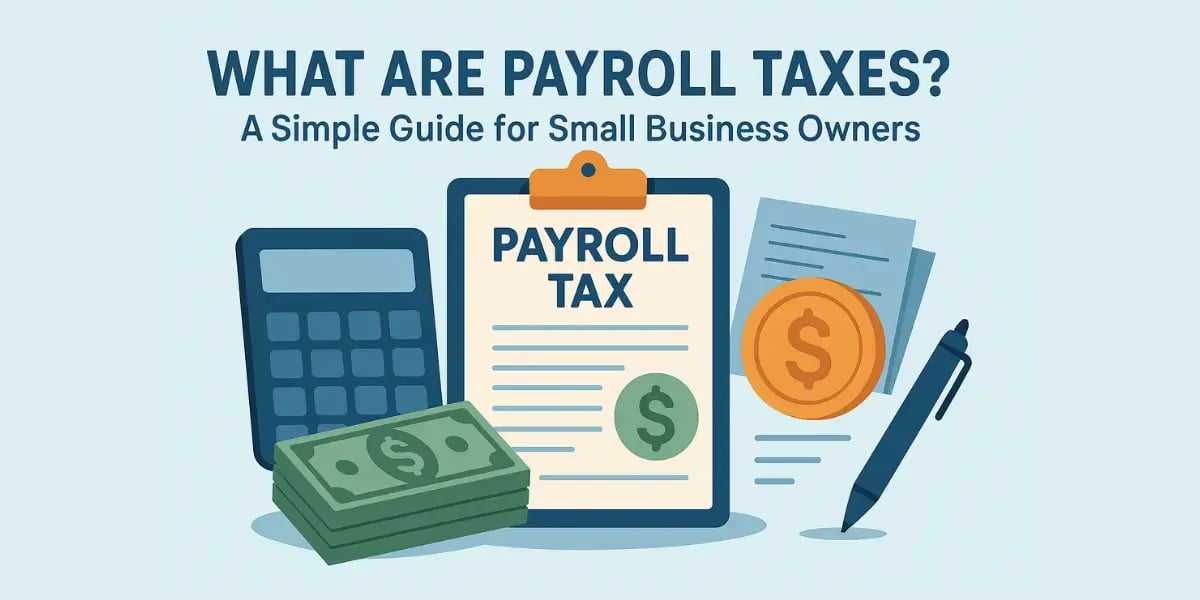Skip to main content
Search for topics or resources
Enter your search below and hit enter or click the search icon.
Services
We Serve
Pricing
Company
























